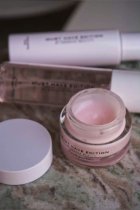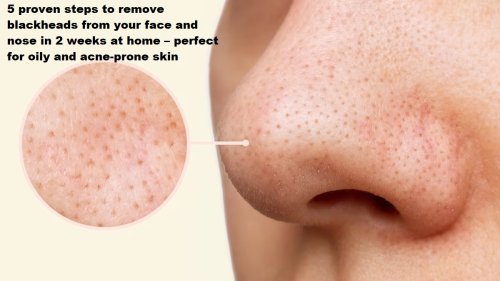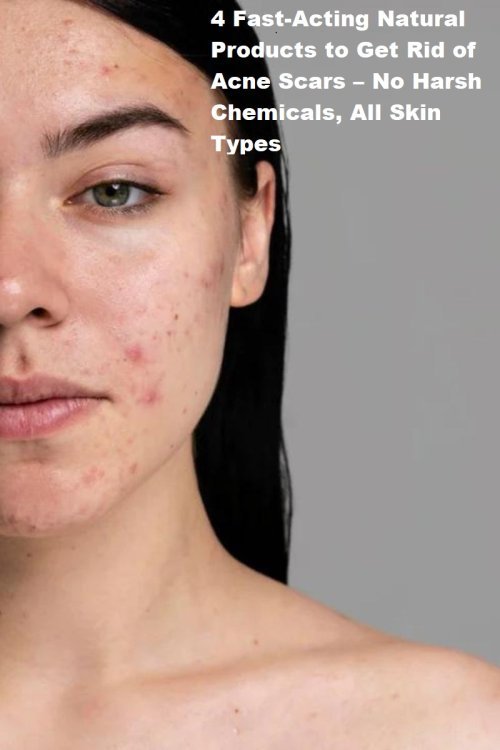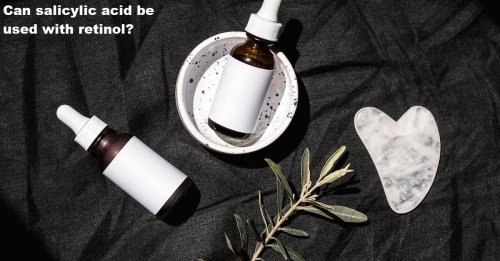Niacinamide vs Vitamin C: Which One Is Better for Your Skin?
Niacinamide vs Vitamin C – which one is better for your skin? Discover the key differences, benefits, and how to use them together for glowing, healthy skin.

Niacinamide vs Vitamin C: Which One Is Better for Your Skin?
If you’ve ever stood in front of a skincare aisle or scrolled endlessly online, you’ve probably come across two powerhouse ingredients: niacinamide and vitamin C. Both promise glowing, healthier-looking skin, but which one should you actually use? And more importantly, can they be used together?
This guide breaks down the differences, benefits, and best ways to use niacinamide vs vitamin C, so you’ll know exactly what works for your skin type and concerns.
What Is Niacinamide?
Niacinamide, also known as Vitamin B3, is a water-soluble vitamin that improves skin texture, strengthens the skin barrier, and reduces inflammation.
Key Benefits of Niacinamide:
-
Controls excess oil (great for oily & acne-prone skin)
-
Minimizes large pores
-
Reduces redness and irritation
-
Strengthens the skin barrier
-
Helps with hyperpigmentation (mild brightening effect)
What Is Vitamin C?
Vitamin C, also called ascorbic acid, is a powerful antioxidant that protects the skin from free radical damage and promotes collagen production.
Key Benefits of Vitamin C:
-
Brightens dull skin and evens skin tone
-
Fades dark spots and hyperpigmentation
-
Boosts collagen for firmer skin
-
Protects against UV and environmental damage
-
Gives skin a radiant, glowing look
Also Check: Niacinamide in Skincare - 7 Powerful Reasons to Add It to Your Routine
Niacinamide vs Vitamin C: The Key Differences
| Feature | Niacinamide | Vitamin C |
|---|---|---|
| Best For | Oily, sensitive, acne-prone skin | Dull skin, dark spots, aging concerns |
| Main Function | Strengthens barrier, reduces redness, controls oil | Brightens, fades pigmentation, boosts collagen |
| Skin Tolerance | Very gentle, suitable for all skin types | Can be irritating for sensitive skin |
| When to Use | Morning or night | Best in the morning for antioxidant protection |
| Formulation | Stable and easy to pair with other actives | Less stable, requires proper pH formulations |
Can You Use Niacinamide and Vitamin C Together?
Yes but it depends on your skin’s tolerance and the product formulation.
-
Old research suggested they cancel each other out, but modern formulations show that niacinamide and vitamin C can be layered together safely.
-
For sensitive skin, it’s best to use them at different times of the day (Vitamin C in the morning, Niacinamide at night).
-
If you want to layer, apply Vitamin C first (since it’s more acidic), then follow with Niacinamide to calm and strengthen the skin.
Which One Should You Choose?
-
If your main concerns are acne, redness, or oily skin → go with Niacinamide.
-
If your focus is on brightening, anti-aging, and fading dark spots → choose Vitamin C.
-
If you want the best of both worlds, you can combine them correctly for a powerful routine.
Also Read: 7 Oily Skin Toners That Actually Work (Dermatologist-Approved 2025 Guide)
Best Way to Use Them in Your Routine
-
Morning: Cleanser → Vitamin C Serum → Moisturizer → Sunscreen
-
Night: Cleanser → Niacinamide Serum → Moisturizer
FAQs
1. Can I use Niacinamide and Vitamin C together?
Yes. They can be used together safely in modern formulations. If irritation occurs, separate usage (Vitamin C in the morning, Niacinamide at night).
2. Which is better for acne — Niacinamide or Vitamin C?
Niacinamide is better for acne-prone skin since it regulates oil and reduces inflammation.
3. Which fades dark spots faster?
Vitamin C works faster on pigmentation, but Niacinamide helps prevent new spots from forming.
4. Can sensitive skin use Vitamin C?
Yes, but start with lower concentrations (10–15%) or use derivatives like Sodium Ascorbyl Phosphate.
5. Should I use Niacinamide or Vitamin C first?
If layering, use Vitamin C first, then apply Niacinamide.
Final Thoughts
Gone are the days when using niacinamide and vitamin C together was considered a skincare sin. Today, science supports their combined use for a brighter, more even, and healthier-looking skin. When used correctly, this duo can deliver amazing results especially for those dealing with hyperpigmentation, dullness, and uneven skin tone.
Share
What's Your Reaction?
 Like
0
Like
0
 Dislike
0
Dislike
0
 Love
0
Love
0
 Funny
0
Funny
0
 Angry
0
Angry
0
 Sad
0
Sad
0
 Wow
0
Wow
0
















